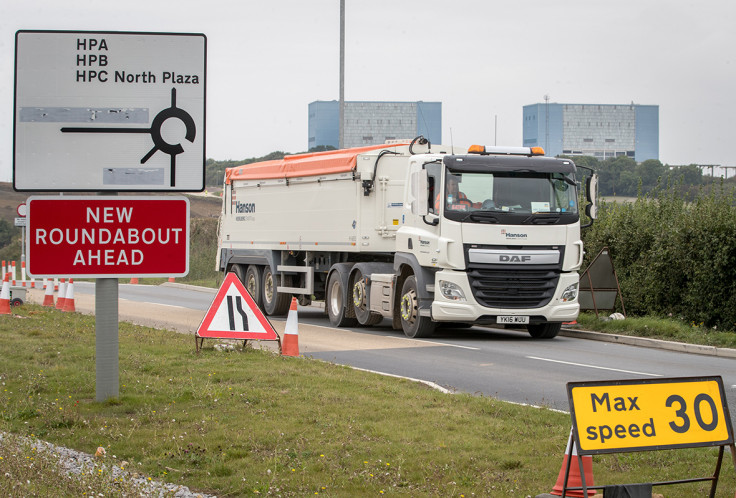Hinkley Point project could cost more than £20bn, EDF says
French energy firm says nuclear project could be delayed by more than a year.

The controversial Hinkley Point C nuclear project is running over budget and is facing potential delays, French utility firm EDF has admitted.
The state-run company, which has been contracted to build the 3,200MW power station in Somerset, said in a statement on 3 July that it now estimated project completion costs at £19.6bn ($25.4bn) – a £1.5bn increase over the previous estimate.
The upward revision was mainly as a result of a "better understanding" of the design, the sequencing of work on site and gradual implementation of supplier contracts, it said.
EDF also said there is a risk of the first reactor at Hinkley Point C – which is scheduled for completion in 2025 – running 15 months behind schedule.
The completion of the second reactor could be delayed by up to nine months, it added.
The potential delays could add another £700m to the total cost of the project, sending the final bill above £20bn.
EDF said it still planned to deliver the first reactor by 2025 despite the risk of delays.
The Hinkley Point project has faced repeated delays over concerns regarding its cost. EDF has agreed to finance two-thirds of the construction of the power station, with China General Nuclear Power Corp contributing the rest.
The reactors are among the biggest in the world and will provide up to 7% of Britain's electricity needs when they become operational.
But critics have been angered by the government guaranteeing a price of £92.50 per megawatt hour of electricity generated from the reactors – more than double the current wholesale cost.
Security concerns have also been raised over Chinese investment into a critical infrastructure facility in the UK.
The National Audit Office (NAO) warned last month that the nuclear project was "risky and expensive" and that it would provide "uncertain strategic and economic benefits".
"While committing the developer to bearing the construction risks means taxpayers and consumers are protected from costs overrunning, consumers could end up paying more for Hinkley's electricity than if the government had shared these risks," the NAO said.
© Copyright IBTimes 2025. All rights reserved.






















